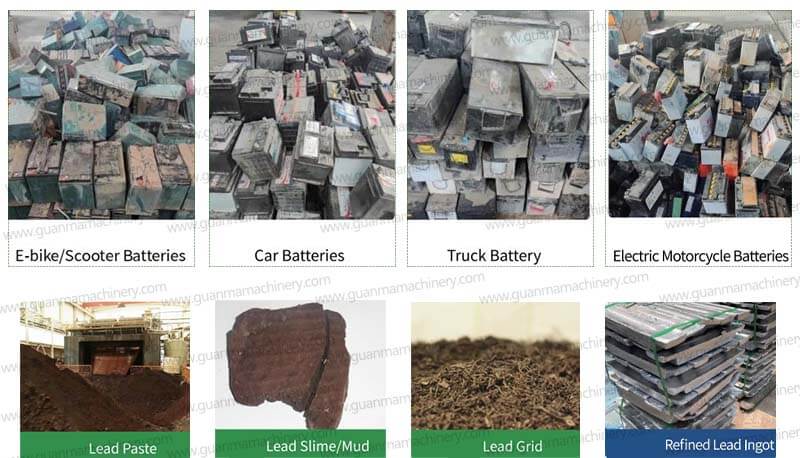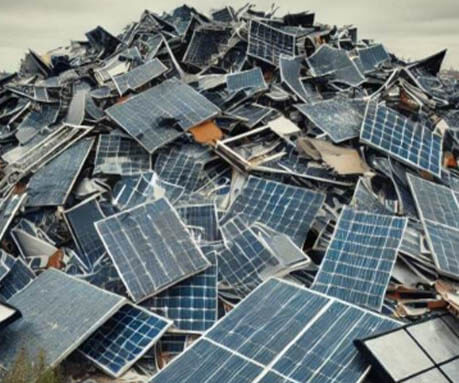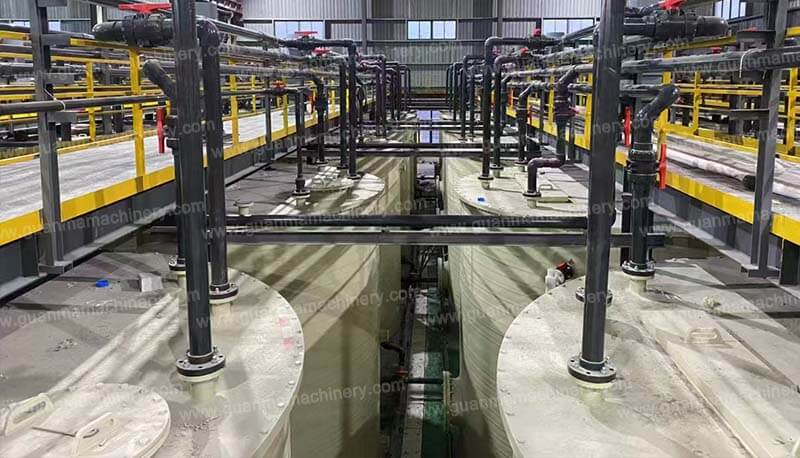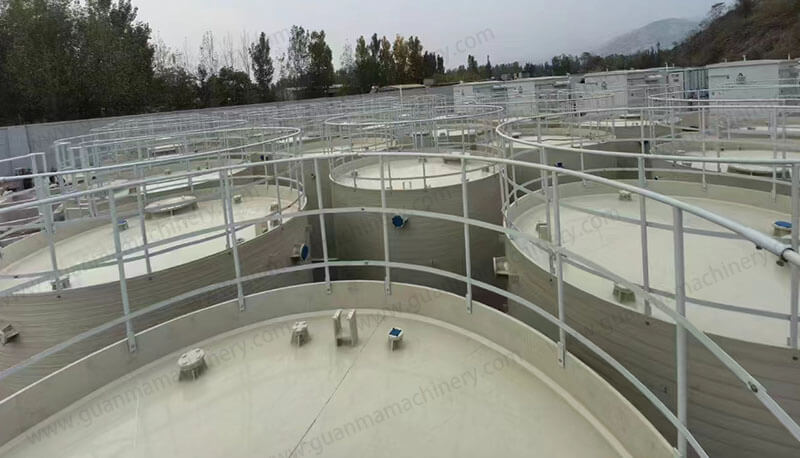When it comes to producing high-quality charcoal, a coconut shell charcoal machine is an essential tool for transforming waste coconut shells into a valuable resource. Indeed, the question “Does coconut shell contain carbon?” can be answered with a resounding yes. Coconut shells are rich in carbon, which makes them an excellent raw material for creating eco-friendly and efficient charcoal.
The process of converting coconut shells into charcoal is straightforward with the right technology. A coconut shell charcoal machine is designed to carbonize the shells, extracting the carbon and leaving behind a product that’s not only useful for cooking and heating but also for industrial applications such as water purification and soil conditioning. For those interested in this sustainable practice, understanding the coconut shell charcoal machine price and the benefits of using a coconut shell charcoal making machine is key to getting started.
One of the primary considerations when entering the market is the investment cost. The coconut shell charcoal machine price can vary based on the capacity, features, and brand. It’s important to choose a machine that offers a good balance between cost and quality, ensuring that your initial investment will pay off over time through reliable performance and low maintenance. Additionally, a well-designed coconut shell charcoal making machine should come with safety features, energy efficiency, and easy operation, which are all factors that contribute to the overall value.
The demand for natural and eco-friendly products has been on the rise, and coconut shell charcoal fits perfectly into this trend. Not only does it provide a cleaner burning alternative to traditional wood or coal, but it also helps in reducing waste by utilizing what would otherwise be discarded. This environmentally conscious approach appeals to a wide range of consumers, from individual users who enjoy outdoor barbecues to commercial buyers looking for hookah carbon, which is a refined form of charcoal used in shisha pipes for its clean-burning properties.
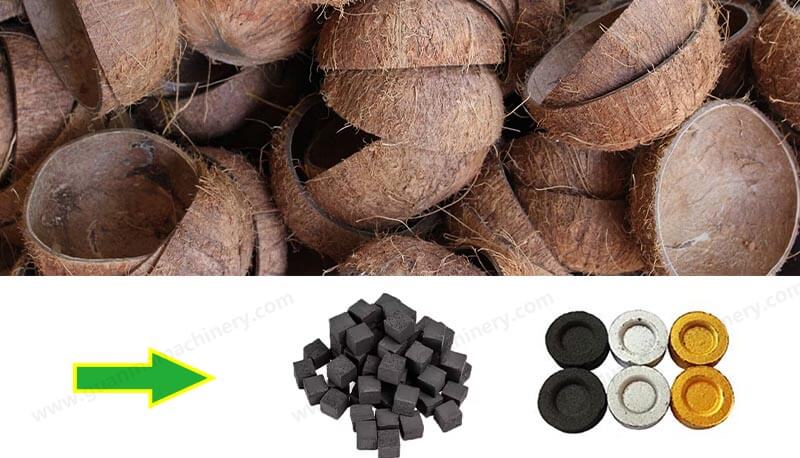
For businesses, investing in a coconut shell charcoal machine means tapping into a growing market that values sustainability. By offering a product that is both practical and beneficial to the environment, you can position your business as a leader in green innovation. Moreover, with the increasing global awareness of climate change and the importance of reducing one’s carbon footprint, there’s never been a better time to enter the biochar industry.
In addition to the environmental benefits, coconut shell charcoal also has economic advantages. The production process is relatively simple, and the raw materials are often readily available at little to no cost. Once the coconut shell charcoal is produced, it can be sold in various forms, including briquettes, chunks, and powder, catering to different consumer needs. The versatility of the product opens up multiple revenue streams, whether it’s for home use, industrial applications, or even export to international markets where there is a high demand for premium-grade charcoal.
To ensure the success of your venture, it’s crucial to partner with a reputable manufacturer that provides not only top-notch equipment but also comprehensive after-sales support. This includes installation, training, and ongoing technical assistance, which are vital for the smooth operation of your coconut shell charcoal making machine. With the right support, you’ll be able to maximize the productivity of your machinery and quickly see a return on your investment.
In conclusion, a coconut shell charcoal machine is more than just a piece of equipment; it’s a gateway to a sustainable and profitable business. By leveraging the natural carbon content found in coconut shells, you can produce a versatile and sought-after product that meets the demands of today’s environmentally conscious consumers. Whether you’re targeting the domestic market with barbecue charcoal or the international scene with hookah carbon, the opportunities are vast, and the potential for growth is significant.

